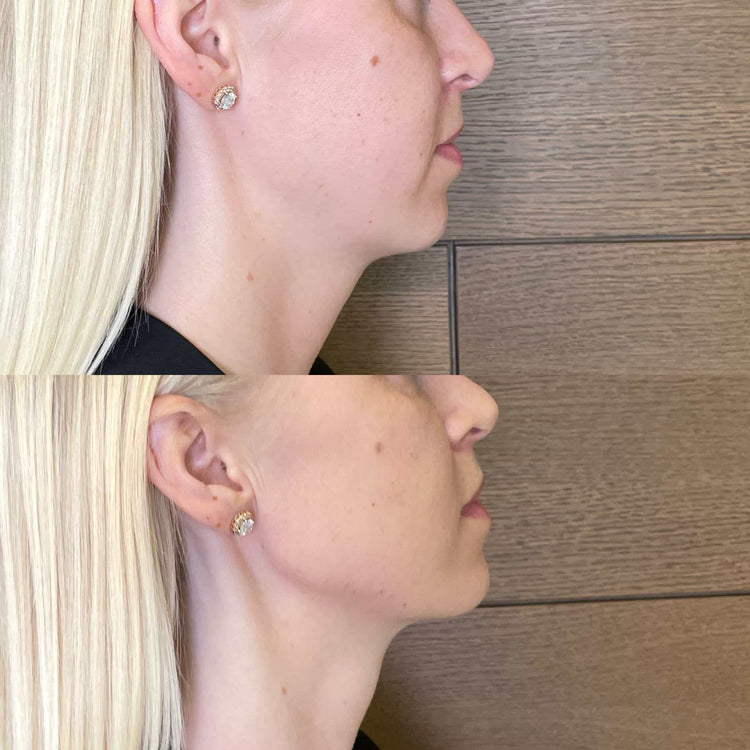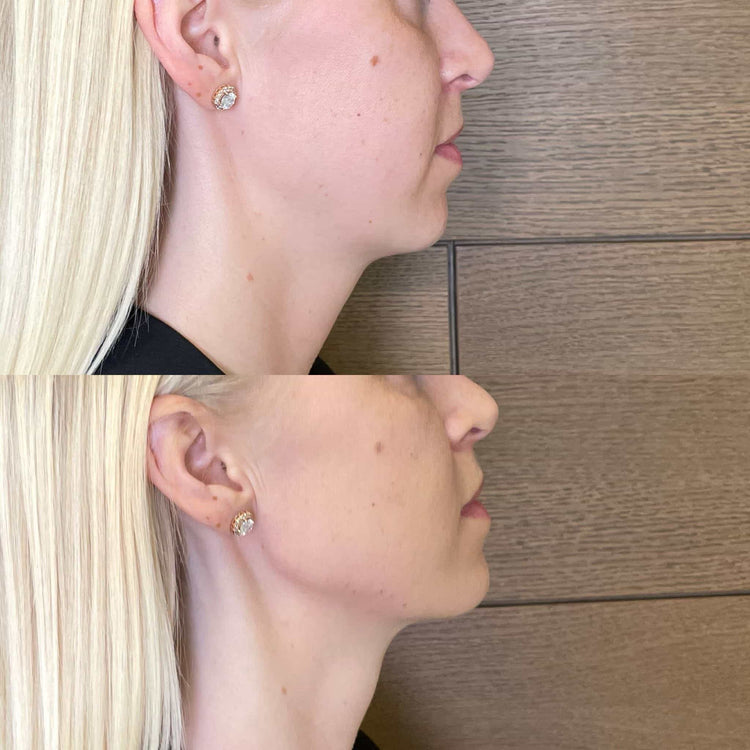How Long Do Jaw Fillers Last?
If you’re considering jawline enhancement in London, understanding how long the results from dermal fillers will last is crucial. Factors like filler type, individual metabolism, and lifestyle choices all play a role in determining longevity. This guide provides insight into the expected lifespan of jaw fillers and helps you make informed decisions about your aesthetic journey.
Factors Affecting Filler Longevity
Jaw fillers typically last anywhere from 6 to 18 months. The specific duration depends on several factors, including the type of filler used. Hyaluronic acid-based fillers tend to be less durable, while longer-lasting options like poly-L-lactic acid (PLLA) can provide results for up to two years.
Individual metabolism and lifestyle choices also influence how long jaw fillers remain effective. People who metabolize substances quickly may see results diminish sooner. Factors such as sun exposure, smoking, and certain medications can also impact filler longevity.
Regular consultations with a qualified practitioner are essential for determining the best filler type for your needs and ensuring optimal results. They can assess your individual circumstances and recommend the most suitable treatment plan to achieve your desired aesthetic outcome.

Average Lifespan of Jaw Fillers
Jaw fillers typically last anywhere from 6 to 18 months. The specific duration depends on several factors, including the type of filler used. Hyaluronic acid-based fillers tend to be less durable, while longer-lasting options like poly-L-lactic acid (PLLA) can provide results for up to two years.

Individual metabolism and lifestyle choices also influence how long jaw fillers remain effective. People who metabolize substances quickly may see results diminish sooner. Factors such as sun exposure, smoking, and certain medications can also impact filler longevity.
Maintenance and Top-Ups
Jaw fillers typically last anywhere from 6 to 18 months. The specific duration depends on several factors, including the type of filler used. Hyaluronic acid-based fillers tend to be less durable, while longer-lasting options like poly-L-lactic acid (PLLA) can provide results for up to two years.

Individual metabolism and lifestyle choices also influence how long jaw fillers remain effective. People who metabolize substances quickly may see results diminish sooner. Factors such as sun exposure, smoking, and certain medications can also impact filler longevity.
Regular consultations with a qualified practitioner are essential for determining the best filler type for your needs and ensuring optimal results. They can assess your individual circumstances and recommend the most suitable treatment plan to achieve your desired aesthetic outcome.
Aftercare Instructions for Optimal Results
Jaw fillers typically last anywhere from 6 to 18 months. The specific duration depends on several factors, including the type of filler used. Hyaluronic acid-based fillers tend to be less durable, while longer-lasting options like poly-L-lactic acid (PLLA) can provide results for up to two years.
Individual metabolism and lifestyle choices also influence how long jaw fillers remain effective. People who metabolize substances quickly may see results diminish sooner. Factors such as sun exposure, smoking, and certain medications can also impact filler longevity.
Regular consultations with a qualified practitioner are essential for determining the best filler type for your needs and ensuring optimal results. They can assess your individual circumstances and recommend the most suitable treatment plan to achieve your desired aesthetic outcome.
Considering a Second Treatment
If you’re considering a second treatment of jaw fillers, understanding how long the initial results lasted is important.
- Evaluate the longevity of your previous jaw filler treatment.
- Discuss your desired aesthetic outcome with your practitioner.
- Consider factors such as filler type, metabolism, and lifestyle choices.
- Determine if a top-up treatment or a different approach is most suitable.
- Dermal Fillers Near Englefield Green, Surrey - September 22, 2025
- Is CBD Vaping The Best Option For Quick Anxiety Relief? - September 21, 2025
- Collagen Induction Therapy In Cobham, Surrey - September 21, 2025
